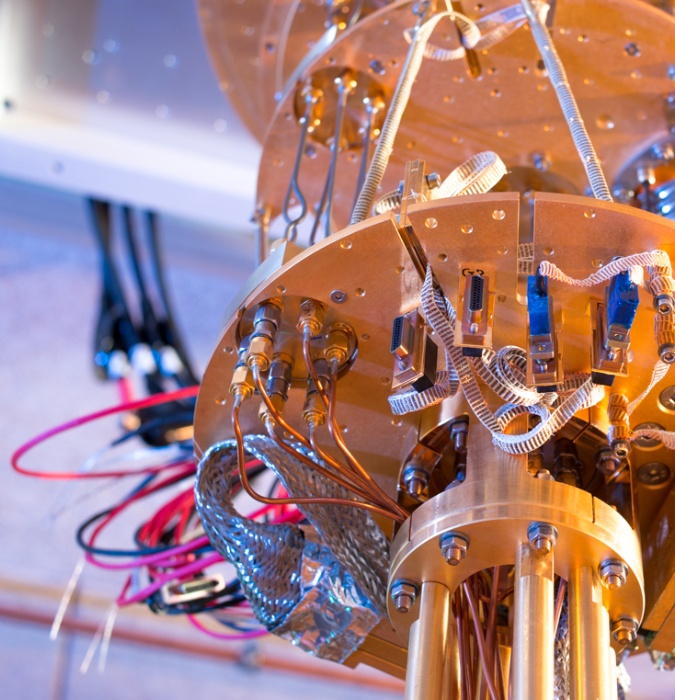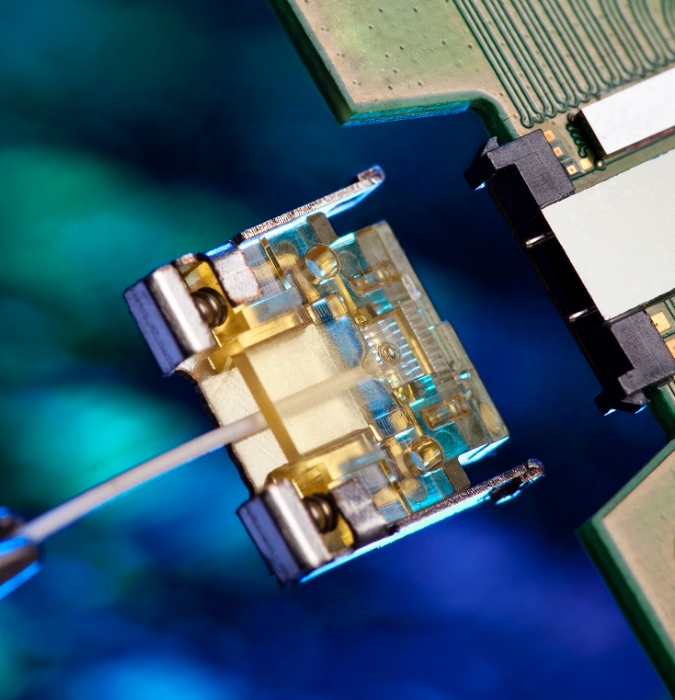Building your career in the Dutch Quantum Industry
Quickly go to
- Qualifications & University Programmes
- Available Roles
- Key Dutch Regions
- Entrepreneurship
- Start your career in the Netherlands!
- More on quantum in NL
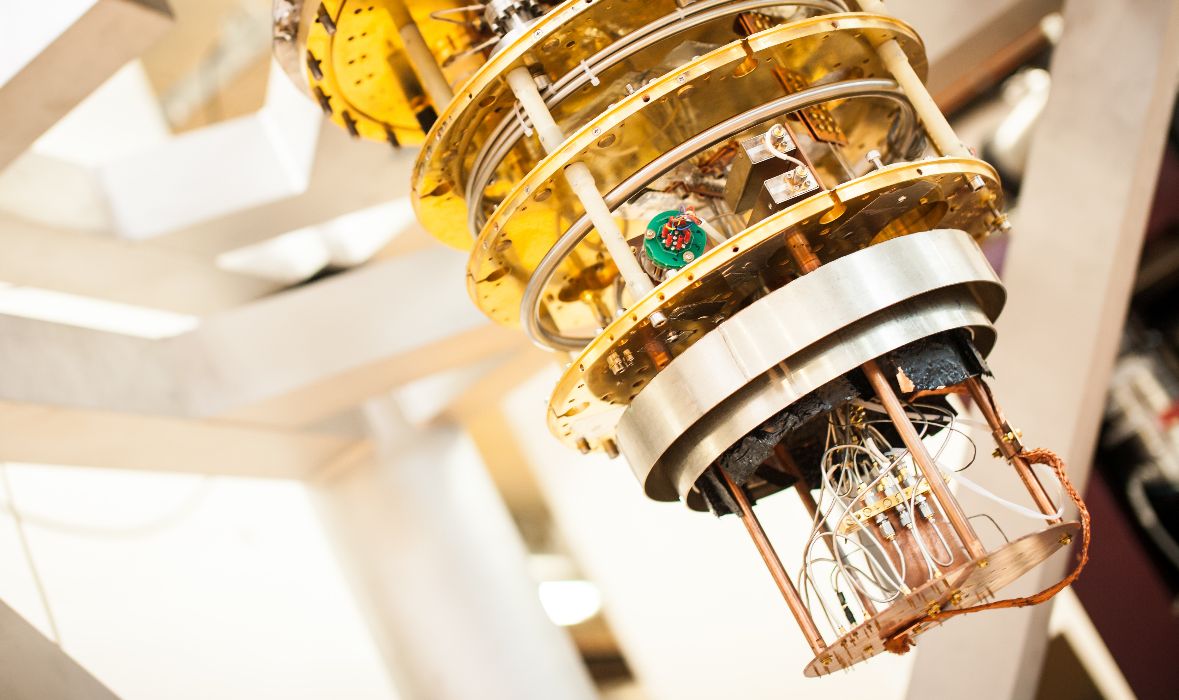
Qualifications & University Programmes
Leading institutions for quantum education include:
- TU Delft’s MSc in Quantum Technology
- University of Twente’s QUANT Centre programs
- University of Amsterdam’s Master’s in Quantum Computer Science
- QuTech Academy’s professional certifications
- TU Eindhoven’s Quantum Engineering specialization
“Our strong academic foundations are a key pillar of the Dutch quantum industry. Institutions like TU Delft and UvA are not just contributing to fundamental research but also fostering startups that emerge directly from academic projects.”
Koen Groenland, Coordinator, Quantum.Amsterdam
The Netherlands supports quantum talent development through Quantum Delta NL and offers international student scholarships. Students can gain practical experience through internships at quantum startups like QuantWare and Qblox, which partner with global tech companies like Intel, Microsoft, and IBM.
Available Roles
The Dutch quantum sector offers diverse career paths in academia, research, and industry. Key roles include quantum physicists, engineers, algorithm developers, security experts, consultants, and cryogenic specialists. The industry also needs professionals in project management and business development.
“There’s a lot of software engineering happening in quantum right now, so it’s a good time for people with strong coding skills to get involved.”
Chris Cade, Co-founder Fermioniq
Dan Howell, Director at Quantum Delta Delft, states that while specific skills in areas like cryogenics are in high demand, quantum companies also require a broad range of non-technical roles, such as office managers, financial controllers, and more, making the industry accessible to a broader skilled workforce.
“Without the right talent in key roles, especially those who can balance technical and business perspectives, scaling a company becomes incredibly difficult.”
Naomi Braam, Co-founder, Techlabs Ventures
Attracting and training the right talent is a crucial challenge for scaling up the quantum ecosystem and engaging with the European industry. Quantum Delta NL addresses talent development through education initiatives like Lightspeed and the House of Quantum campus. With startups, multinationals, and research institutes actively recruiting, the Netherlands continues to attract quantum professionals worldwide.
Key Dutch Regions
The Dutch quantum industry is primarily in regions with renowned academic institutions, innovation hubs, and technology ecosystems. Key regions include:
Delft: The heart of the Netherlands’ quantum research community, home to QuTech and a vibrant quantum computing startup scene.
Eindhoven: A hub for high-tech innovation focusing on quantum hardware and sensing technologies.
Amsterdam: A growing centre for quantum startups with a dynamic tech ecosystem supporting quantum software and financial applications.
Leiden: Known for its academic contributions, focusing on applied algorithms and the societal impacts of quantum technology.
Twente: The University of Twente’s QUANT Centre specialises in quantum nanotechnology, promoting interdisciplinary collaboration in quantum research.
"If you factor in the university and TNO, you're looking at well over 800 people in a few square kilometers in Delft; it's one of the most concentrated quantum technology ecosystems anywhere in the world"
Dan Howell, Director Quantum Delta Delft
The Randstad, including Amsterdam, Rotterdam, and The Hague, is central to quantum collaboration and networking, while Eindhoven in North Brabant excels in technological advancements. These regions drive funding, innovation, and employment in the Netherlands’ quantum industry.
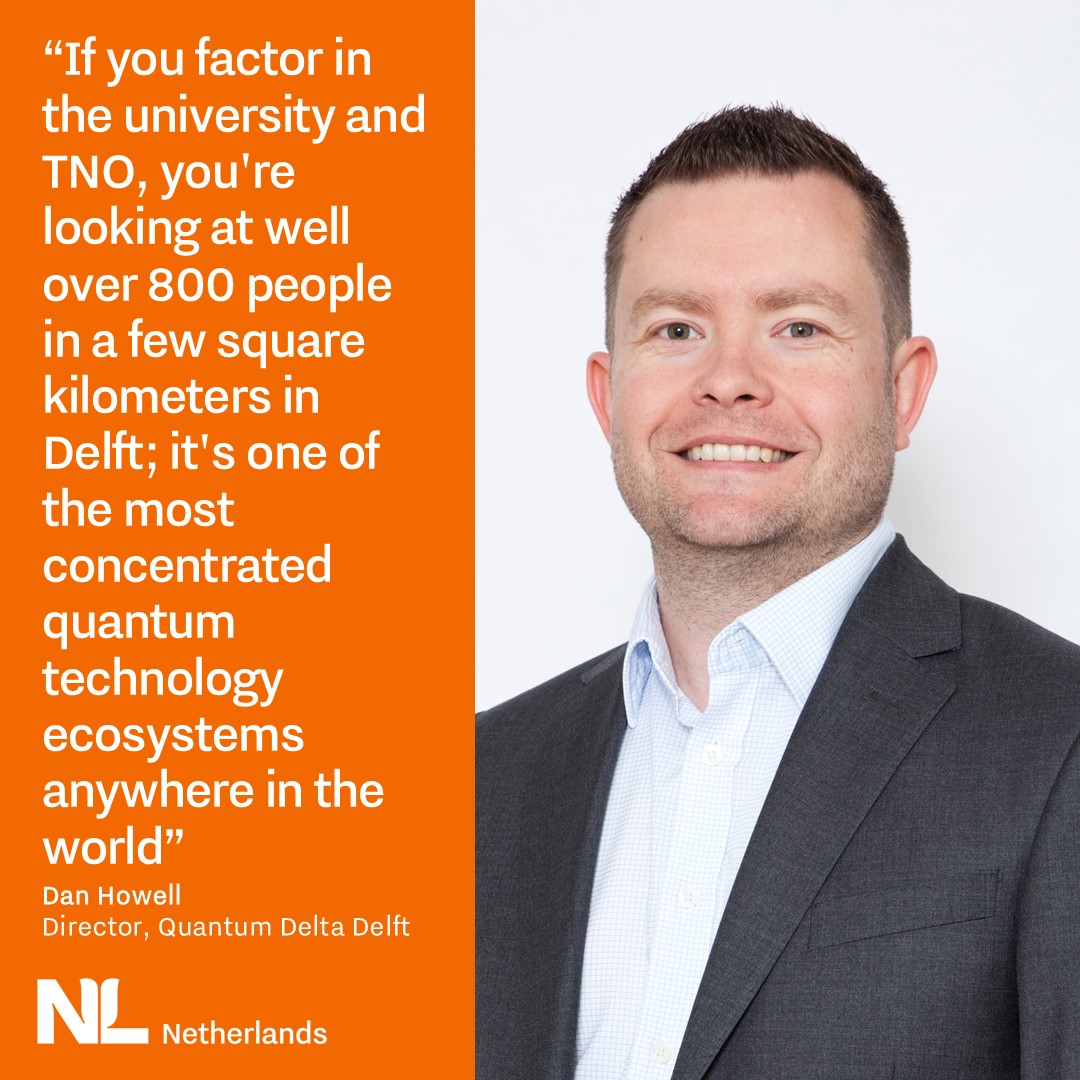
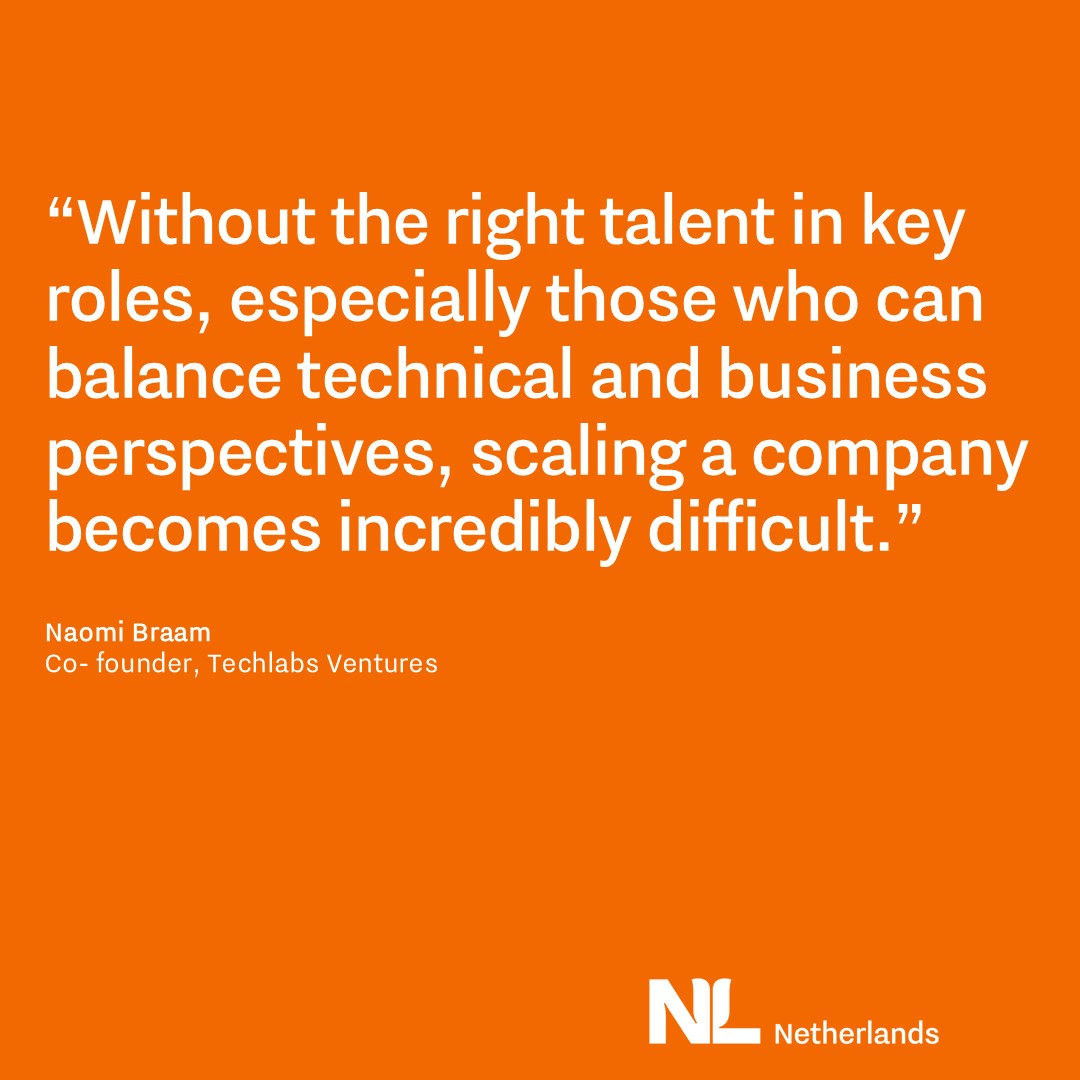
Entrepreneurship
The Dutch nation offers a highly supportive environment for quantum startups, with robust initiatives fostering innovation and entrepreneurship. Several incubators and accelerators provide resources, funding and mentorship to help entrepreneurs launch and scale their businesses.
“For international founders, it’s tough to break into the Dutch quantum ecosystem. I’d recommend starting with academia—look for intellectual property or research projects to collaborate on.”
Naomi Braam, Co-founder, Techlabs Ventures
Organisations like Infinity assist startups at every stage, connecting them with investors and offering personalized support. Programs such as the Infinity Program by Quantum Delta NL, the QDNL Participations Fund, and the NGF provide grants, funding, mentorship, and access to cutting-edge research facilities. Incubators like YES!Delft and Innovation Quarter also offer valuable resources for emerging businesses.
“While you might get higher salaries elsewhere in the US, the living conditions in the Netherlands are excellent. It’s a small country, well-connected, and you easily become part of the ecosystem.”
Julian Rabbie, Strategy Consultant, TNO
Dan Howell, Director at Quantum Delta Delft, believes the Netherlands’ small size is advantageous for a well-coordinated national quantum program that larger countries struggle to achieve. The Netherlands offers a thriving quantum ecosystem with world-class education, career opportunities, and strong startup support, making it ideal for talent and innovation.
Start your career in the Netherlands!
- Welcome to NL Job portal
More on quantum in NL
To dive deeper, explore our articles on the Dutch quantum industry and the 10 most important trends.
